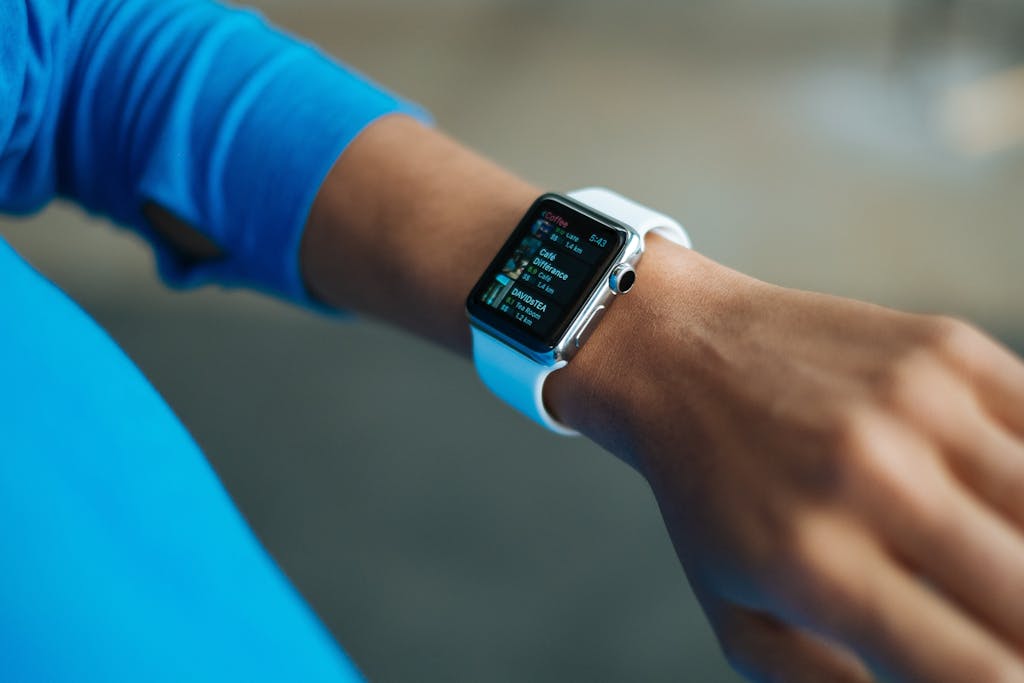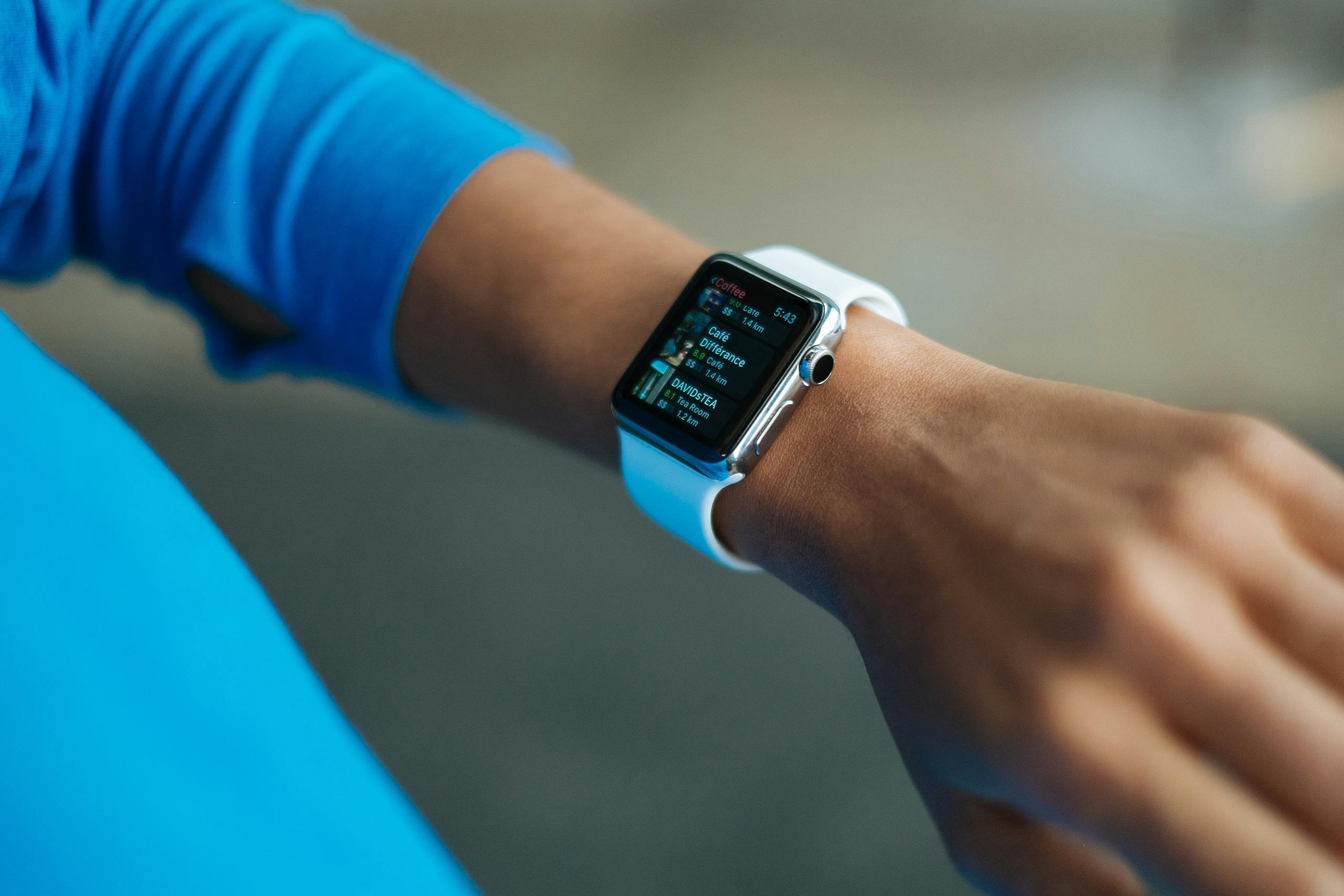Wearable Technology for Health: Fitness Trackers, Sleep Monitoring, and Elder Care Devices

Wearable technology has evolved rapidly, especially in health, where it’s transforming how we track, monitor, and improve our well-being. From fitness trackers that keep us moving to devices that monitor sleep quality and elder care gadgets designed to enhance safety, wearable health tech provides valuable insights for users of all ages.
Fitness Trackers: Encouraging Active Lifestyles
Fitness trackers have become a staple for many looking to improve physical activity levels and maintain fitness goals. Devices like Fitbit, Garmin, and Apple Watch have taken step-counting to a new level by adding features that monitor heart rate, calorie burn, distance traveled, and even specific exercise types. Advanced models include metrics like VO2 max, recovery time, and even personalized workout suggestions.
These trackers benefit users by not only tracking their physical activities but also motivating them. Daily reminders to stand, set move goals, and reminders to take regular breaks from sitting help users form healthier habits. Fitness trackers also provide feedback, rewarding consistency and progress, which helps boost motivation over time.
Sleep Monitoring: Improving Rest for Better Health
Sleep is essential for mental and physical health, and sleep-monitoring wearables have emerged to help people understand and improve their sleep patterns. Devices like Oura Ring, Withings Sleep Analyzer, and sleep-tracking features on many fitness watches monitor metrics such as sleep duration, stages (light, deep, REM), heart rate, and sometimes even blood oxygen levels.
These insights are valuable as sleep quality directly affects productivity, mood, and overall health. Wearables equipped with sleep-tracking capabilities provide feedback to help users identify patterns and habits that may be impacting their sleep, such as irregular sleep schedules or late-night caffeine intake. With recommendations for improving sleep hygiene, users can adjust their routines to achieve more restful nights, potentially reducing the risk of sleep-related health issues like high blood pressure, weight gain, and memory issues.
Elder Care Devices: Supporting Aging Populations
For elderly individuals, wearable technology offers innovative solutions to improve safety, health monitoring, and overall quality of life. Smartwatches tailored for elder care often include features like emergency buttons, fall detection, and GPS tracking, ensuring that caregivers can monitor an individual’s location and respond quickly in an emergency.
For example, Life Alert and Apple Watch models have fall detection, which can automatically notify emergency contacts if a fall is detected. Health monitoring features—such as heart rate tracking and blood oxygen monitoring—allow caregivers and family members to stay informed of potential health concerns. Some devices even have medication reminders to help elders manage their medication schedules independently.
These elder care wearables provide a sense of security, promoting independence while ensuring access to help when needed.
Wearable technology in health is advancing quickly, and the benefits are clear: increased motivation to stay active, improved sleep quality, and greater independence and safety for seniors. As technology advances, we can expect to see more comprehensive health metrics, increased accuracy, and tailored recommendations that allow individuals to take charge of their health in unprecedented ways. The convenience and accessibility of wearables are shaping a future where better health is within reach for all ages.
As more data is collected and insights improve, wearable health technology will likely continue to be a cornerstone in preventive healthcare and personal wellness.


Recent Comments